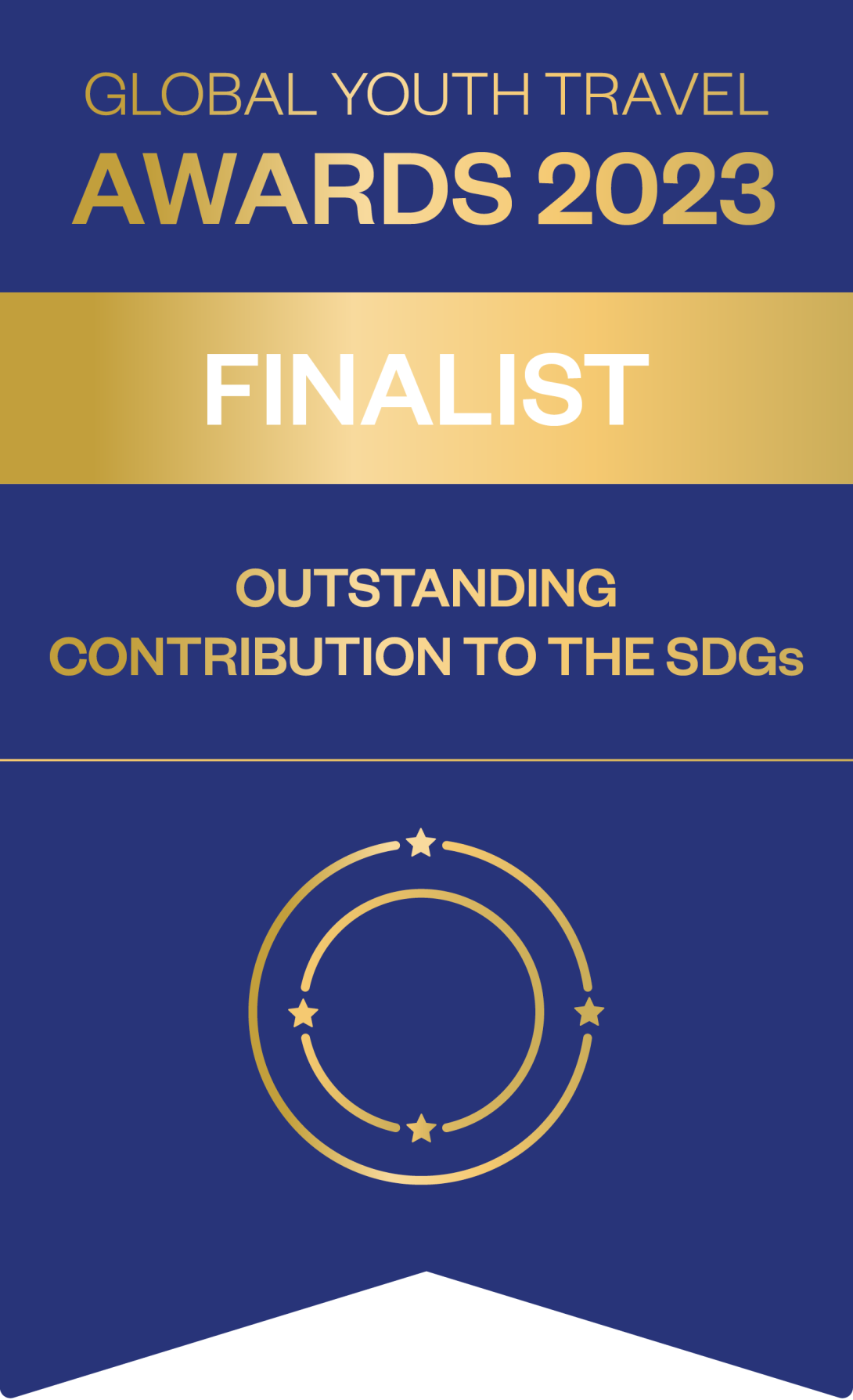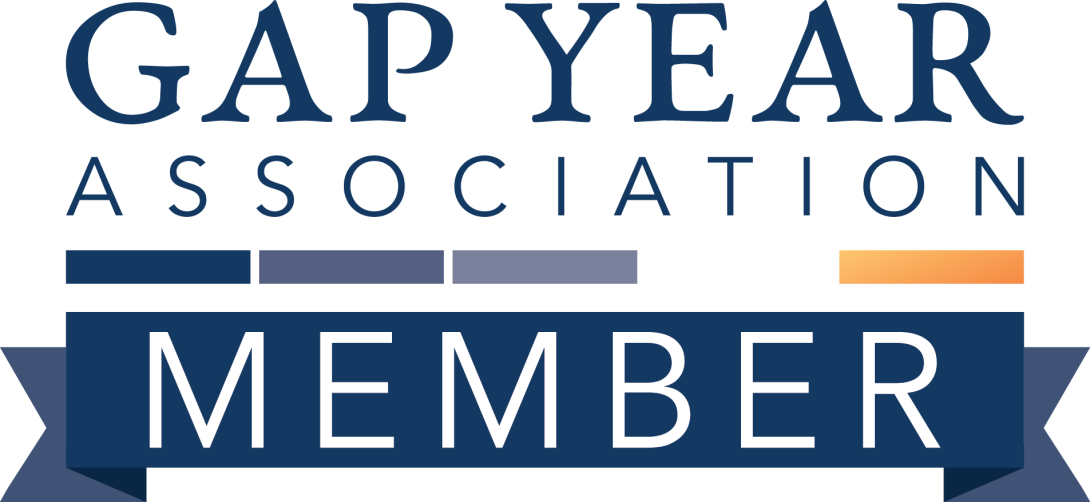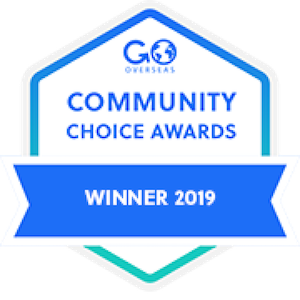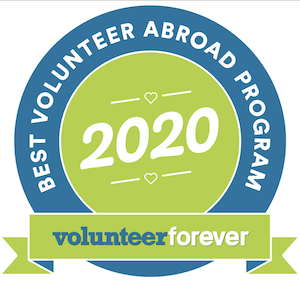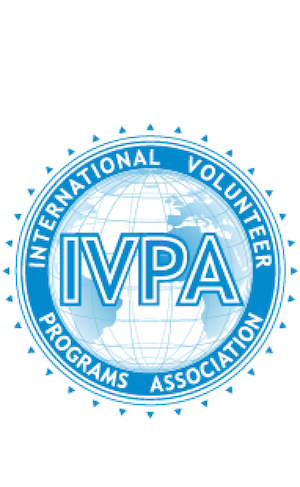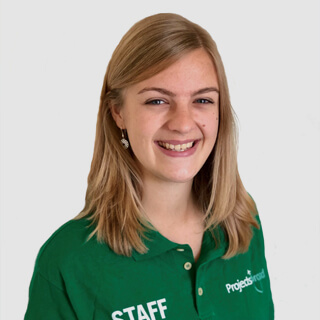Unlocking the doors to the best medical schools in the US requires more than just good grades. Aspiring medical students must understand what medical schools are really looking for.
Keep reading to learn more about the application process beyond grade point averages (GPA) and medical college admissions tests (MCAT). Whether you're just beginning your pre-med journey or preparing to submit your application, discover how to stand out in the competitive field of medical school admissions.
How hard is it to get into medical school?
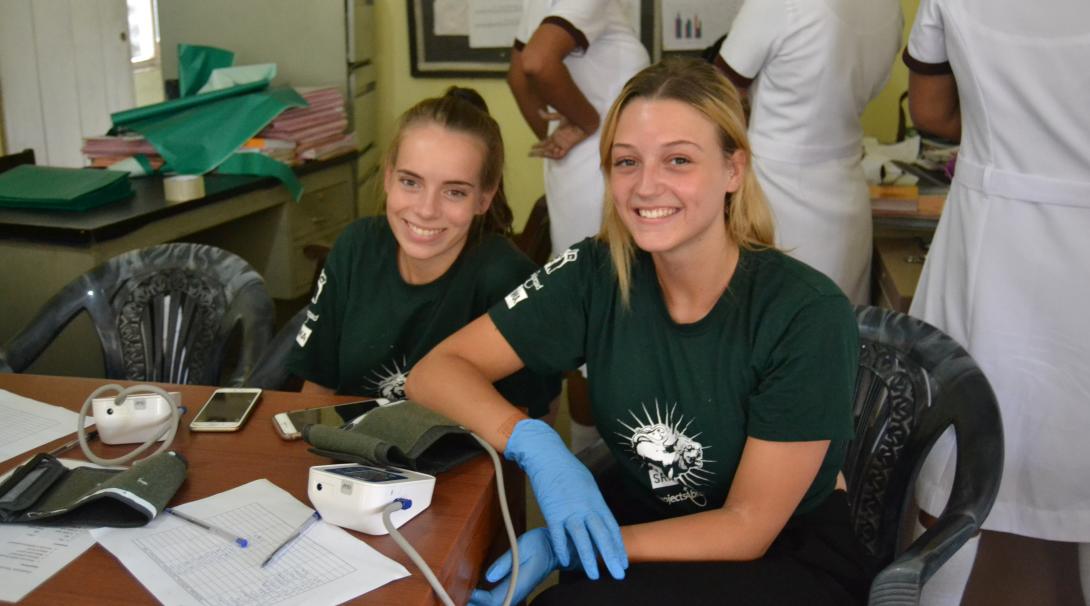
Entering medical school is undeniably challenging, but it's not impossible
In a typical year, approximately 40% of medical school applicants get accepted. However, acceptance rates for individual schools are around 5.5% nationally. That’s why pre-med students are advised to apply to between 15 and 25 different schools.
Academic excellence is crucial, but medical schools are looking for more; something that sets you apart from other candidates. This includes the 17 Association of American Medical Colleges (AAMC) Core Competencies, which cover attributes like cultural humility, empathy, and critical thinking.
So, while getting into medical school is tough, dedication, resilience, and a well-rounded application can make all the difference.
When to apply
Timing is crucial when applying to medical school. Most students begin the application process in their junior year of undergraduate studies. At the latest, you’ll want to submit your application in the summer before your senior year.
However, planning should start earlier, especially when preparing for the MCAT. Many medical schools operate on rolling admissions, so applying early in the cycle can increase your chances of acceptance.
Bear in mind the financial planning required, too. There are primary and secondary application services, test materials, exam fees, and travel expenses. This can add up quickly, but by starting early, you can plan your finances carefully.
What GPA do you need for med school?
While there's no strict GPA cutoff for medical school admissions, a strong academic record is crucial. The average GPA for matriculating students hovers around 3.7, but this can vary among different schools and programs.
Medical schools also consider the rigor of your coursework, trends in your academic performance, and any extenuating circumstances. As outlined in the introduction, while a high GPA certainly strengthens your application, it's not the sole determining factor.
Going beyond GPA
Your GPA isn’t everything. Medical school admissions committees also value applicants who demonstrate a well-rounded skill set, such as a commitment to service and leadership.
Engaging in research, clinical exposure, and volunteering can significantly enhance your application.
These experiences showcase your passions and demonstrate qualities like teamwork, empathy, and resilience. These traits are essential for success in the medical field.
What three things do medical schools want?
While academic excellence plays a significant role, medical schools look beyond grades and test scores alone. Instead, they seek candidates who demonstrate a comprehensive understanding of the medical profession.
There are three key factors that medical schools prioritize:
- Clinical exposure
- GPA and MCAT scores
- AAMC Core Competencies.
By giving equal weight to all three components, pre-med students can stand out in the competitive medical school landscape.
1) Clinical exposure
One of the cornerstones of a strong medical school application is a commitment to clinical exposure. Medical schools want to see that applicants have gained firsthand experience in healthcare settings.
This proves that you understand the realities of patient care. It’s also your chance to try different specialties and see which one, if any, is for you.
Physician shadowing hours
Clinical exposure can take various forms, but physician shadowing is one of the most important. This is your opportunity to get up close with the daily realities of a career in healthcare. You’ll not only see treatment and diagnosis in practice, but you’ll also pick up on soft skills like bedside manner.
Community volunteer service
Seek opportunities to actively help out in disadvantaged communities. By offering free medical check-ups and participating in educational outreach, you get more than a chance to practice medicine; you also demonstrate a genuine passion for helping others.
Aspiring pre-med students should actively seek opportunities to immerse themselves in clinical environments. Whether in a hospital or through community outreach (at home or abroad), this experience is crucial for your medical school application.
2) GPA and MCAT scores
Of course, you can’t overlook academic performance. GPA and MCAT scores demonstrate proficiency in the core scientific concepts related to medicine. These metrics indicate an applicant's ability to handle the rigorous curriculum of medical school.
Aspiring pre-med students should strive to achieve academic excellence while cultivating a well-rounded application that showcases their talents.
3) AAMC Core Competencies
In addition to clinical exposure and academic achievements, medical schools also assess applicants based on the 17 AAMC Core Competencies. These competencies outline the essential skills, attributes, and behaviors that medical schools want their students to possess.
Core Competencies include:
- Interpersonal skills: Effective communication and empathy.
- Service orientation: Commitment to helping others through volunteer work.
- Teamwork: Collaborating with diverse groups.
- Ethical responsibility: Showing integrity and professionalism.
- Critical thinking: Analytical skills and problem-solving.
By evaluating applicants on these Core Competencies, medical schools can identify individuals with the attributes needed to thrive in medical school and beyond.
How can I get more clinical exposure?
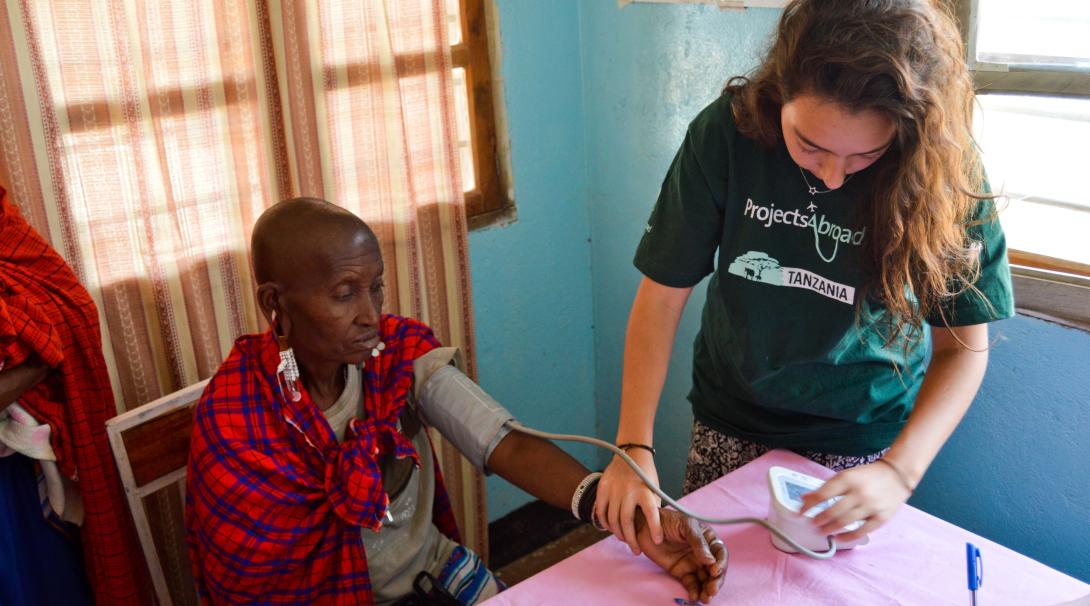
Clinical exposure is a critical aspect of how to get into medical school. It provides first-hand insight into patient care and healthcare systems, something required of pre-med students.
Most medical colleges recommend at least 100 clinical hours of medical work experience. However, remember that the quality of these hours also matters. You should be able to talk about what you have learned and how this has increased your medical understanding.
What experience is needed to get into medical school?
Clinical exposure is key to proving you have the experience needed to excel at medical school.
You should seek clinical exposure in two ways:
- Physician shadowing: This gives you direct first-hand access to the life of a medical professional as you observe how they operate on a daily basis.
- Community volunteer service: This is a chance to put what you’ve learned into practice while proving your commitment to helping others.
Join an overseas Pre-Med Program
Participating in an overseas Pre-med Program offers a unique opportunity to gain clinical exposure in a global context. These programs include shadowing experiences, volunteer work, and cultural immersion.
Engaging with healthcare systems abroad broadens your perspective, develops cultural awareness, and provides insights into global health challenges. These qualities are highly valued by medical school admissions committees.
Our overseas Pre-Med Programs guarantee 40+ hours of clinical exposure and 15+ hours of community volunteer service.
Why not join our:
- Pre-Med Program in Peru: Provide medical checkups to patients in the ancient and beautiful city of Cusco.
- Pre-Med Program in Nepal: Gain clinical exposure in the colorful city of Kathmandu, set among the majestic Himalayas.
- Pre-Med Program in Tanzania: Shadow doctors in a busy Arusha hospital, complete outreaches in Maasai communities, and spot incredible wildlife in East Africa.
You’ll explore the world’s most spectacular destinations while gaining an edge over other medical school applicants.
How do I boost my GPA and MCAT?
Strong GPA and MCAT scores are essential for getting into medical school. At the same time, real-world experience will help you put into practice what you learn. By going ‘beyond the textbooks’, your grades are bound to improve.
Gain exposure during the summer
If you can’t get experience at home, consider going abroad. You'll still get the same ‘sense of adventure’ that you expect from a summer vacation while remaining focused on your medical school application. Guilt-free travel!
Utilizing your summer breaks can also boost your academic credentials. That’s because a summer program will free up your time during the academic year to focus on exams.
Participate in volunteer projects or internships related to healthcare during the summer months. By dedicating time to these experiences outside of the academic year, you can focus more intensely on your coursework and exam preparation during the school year.
How do I gain AAMC Core Competencies?
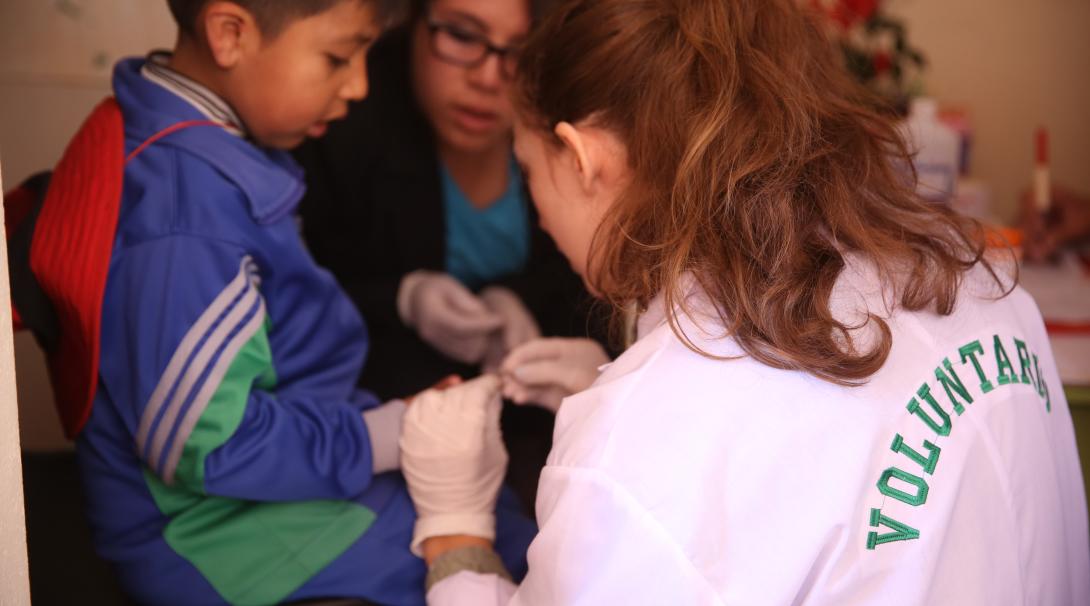
Developing Core Competencies is crucial for aspiring medical students. These are the qualities essential for success in the medical profession.
Why Core Competencies matter
The AAMC Core Competencies encompass essential skills and attributes that medical schools value in applicants. They include interpersonal skills, cultural awareness, and critical thinking.
These attributes are fundamental for effective patient care and collaboration within healthcare teams. By demonstrating proficiency in these areas, you strengthen your medical school application. You’re also preparing yourself for the challenges and responsibilities of a career in medicine.
Learn more about AAMC competencies.
Experience healthcare in a different country
Participating in healthcare experiences abroad offers a unique opportunity to learn how healthcare operates outside of the United States.
By immersing yourself in diverse healthcare settings, you’ll also enhance your interpersonal communication skills, cultural competence, and adaptability.
You’ll gain insights into how healthcare operates in a low-resource environment and other challenges. This helps you understand the socioeconomic determinants of health.
Next steps on your path to medical school
Ready to start your medical journey? Here's what you need to do:
- Browse our Pre-Med Programs.
- If you want more info, contact our friendly Project Experts or book a free consultation.
- Fill in a simple online application form.
- Secure your spot on the Pre-Med Program of a lifetime for just $295.
- Complete your program and show medical schools what you’re made of!
Ready to start your journey toward medical school?
Contact us to get started!
Our accreditations
